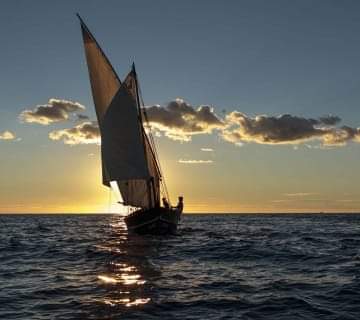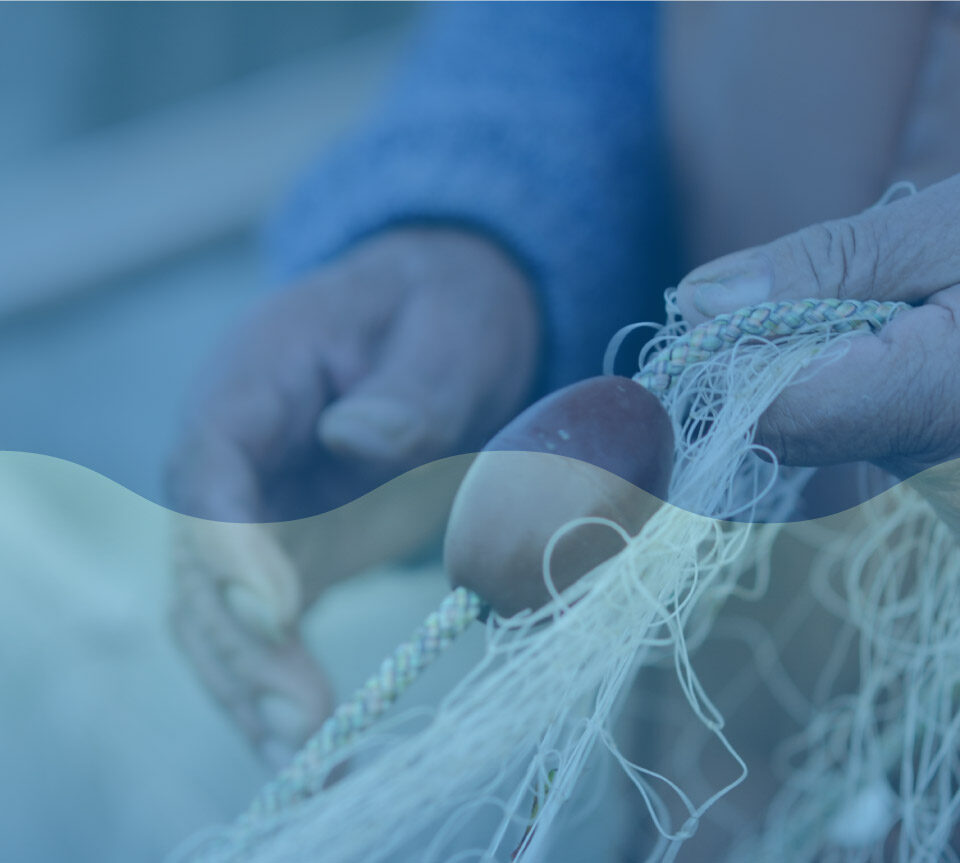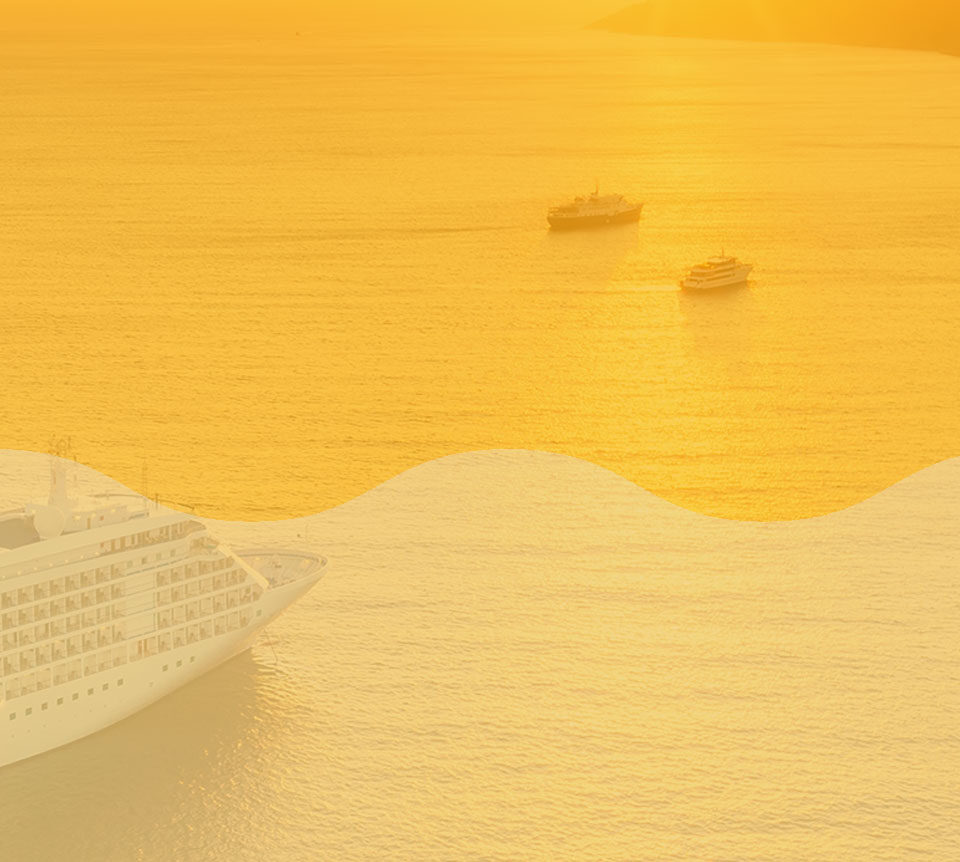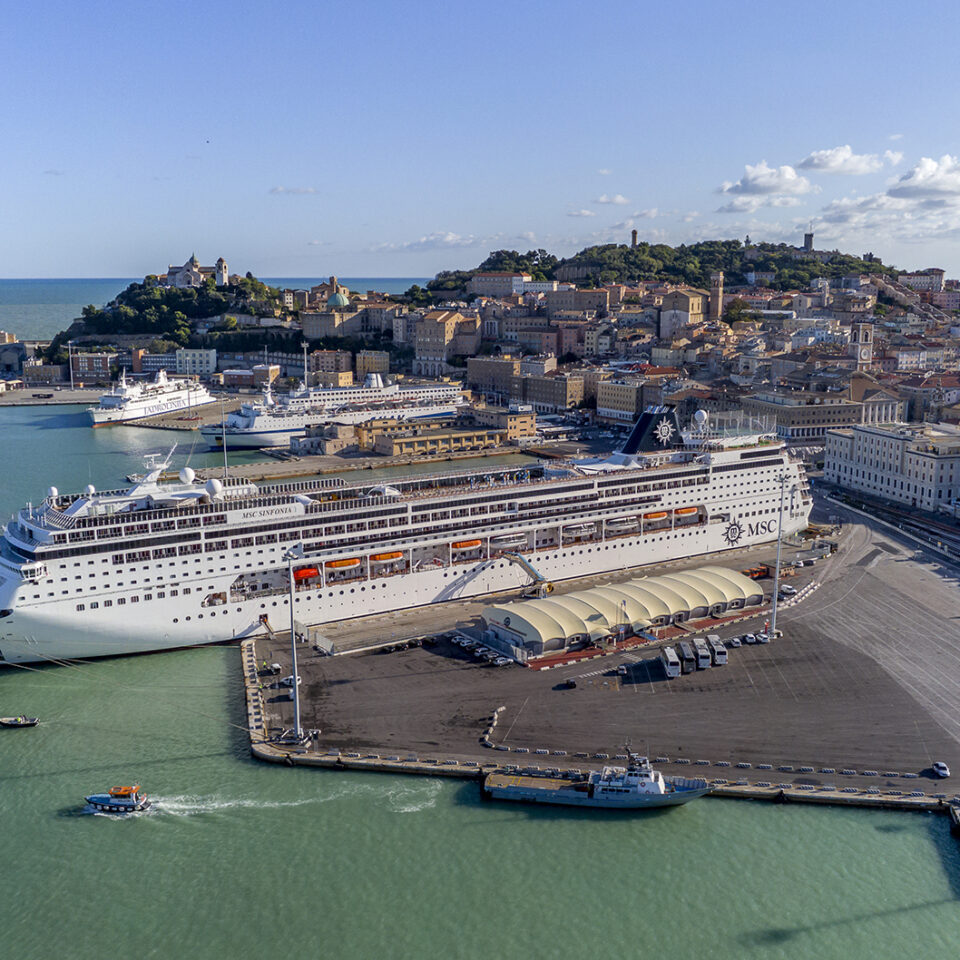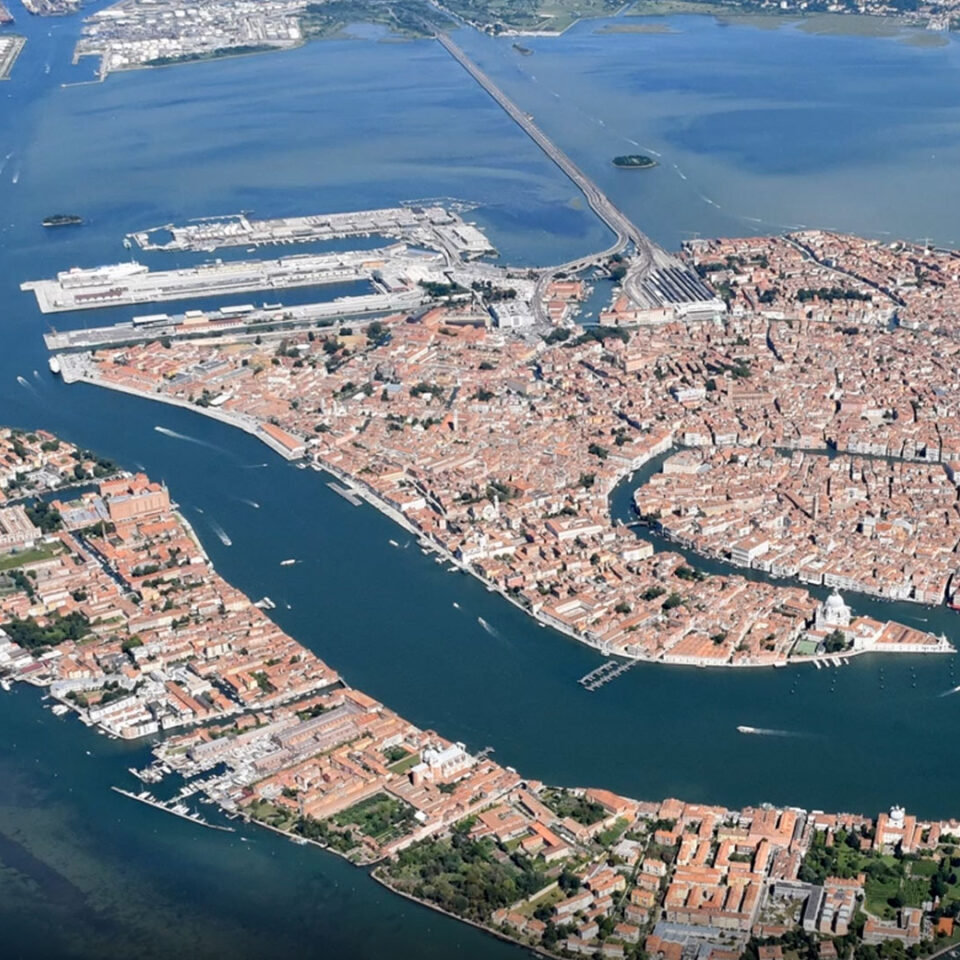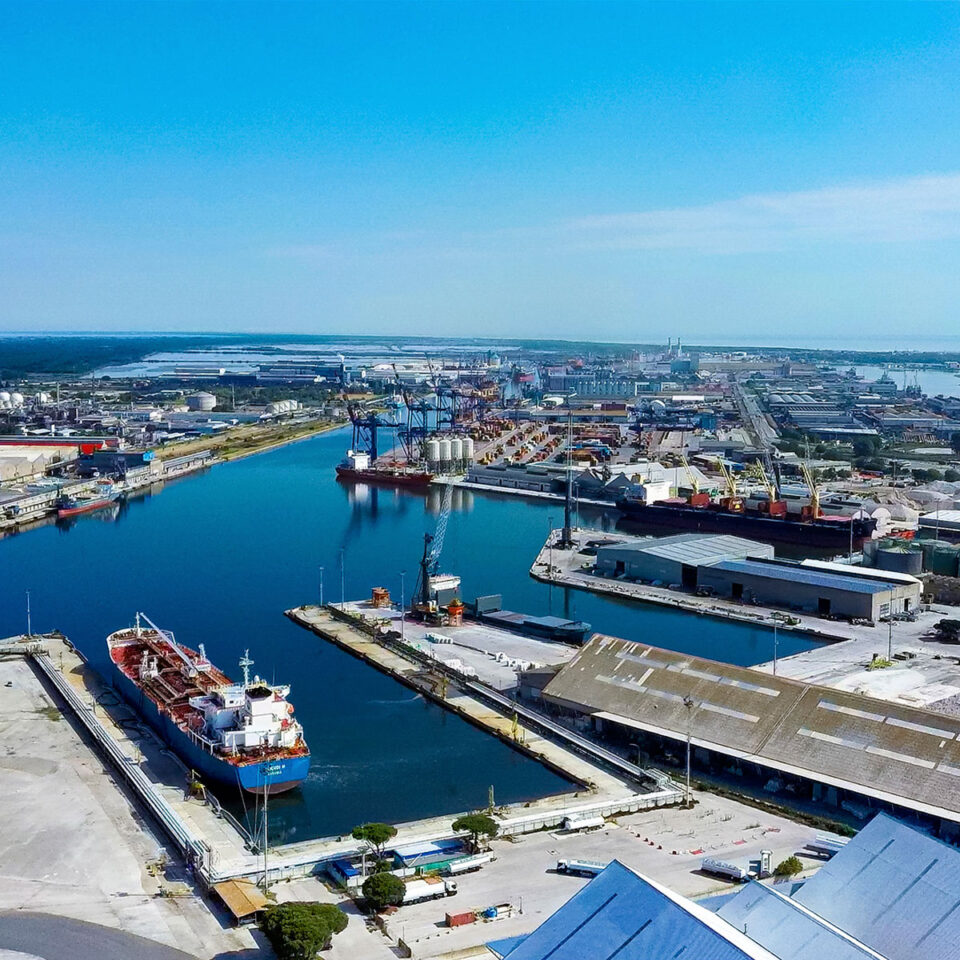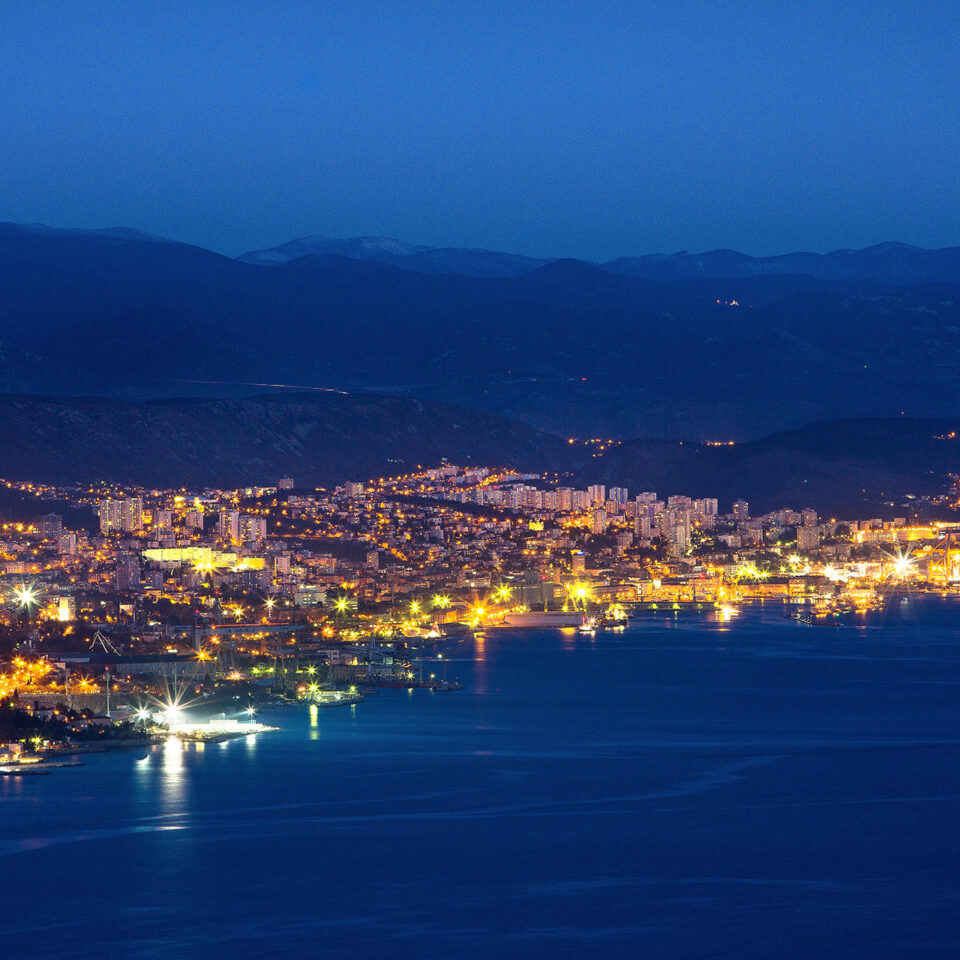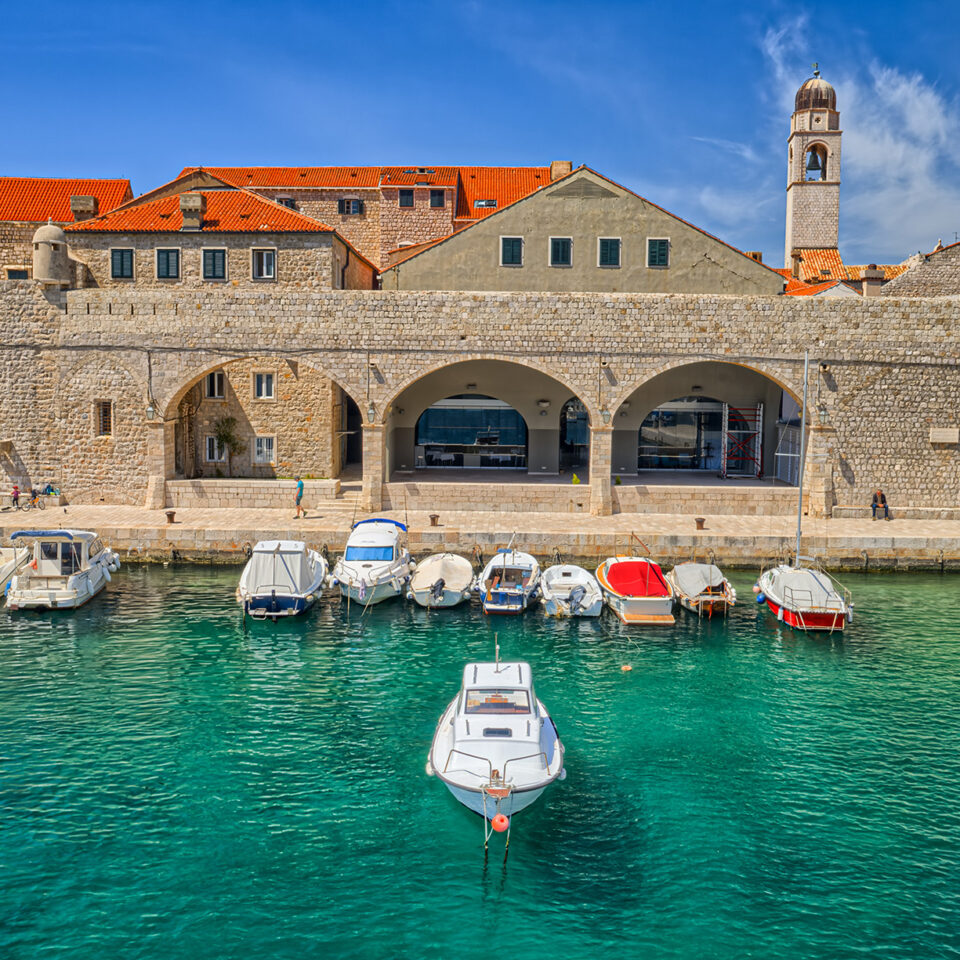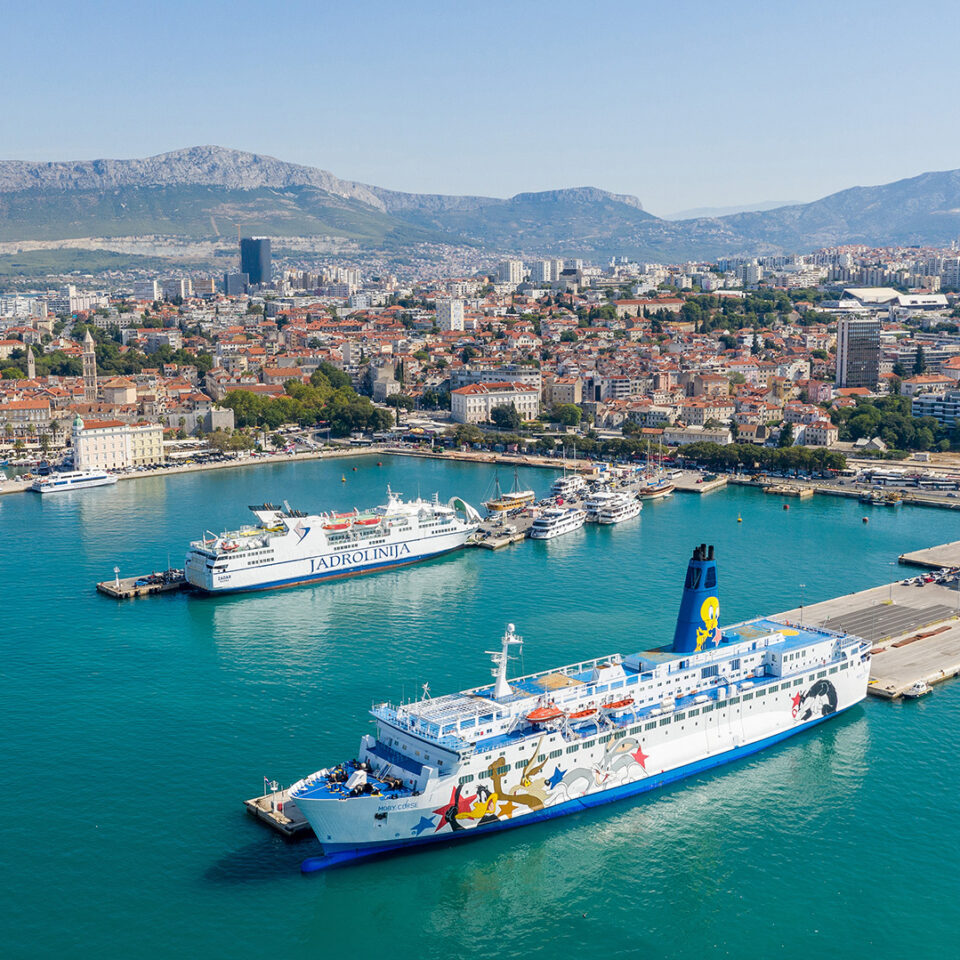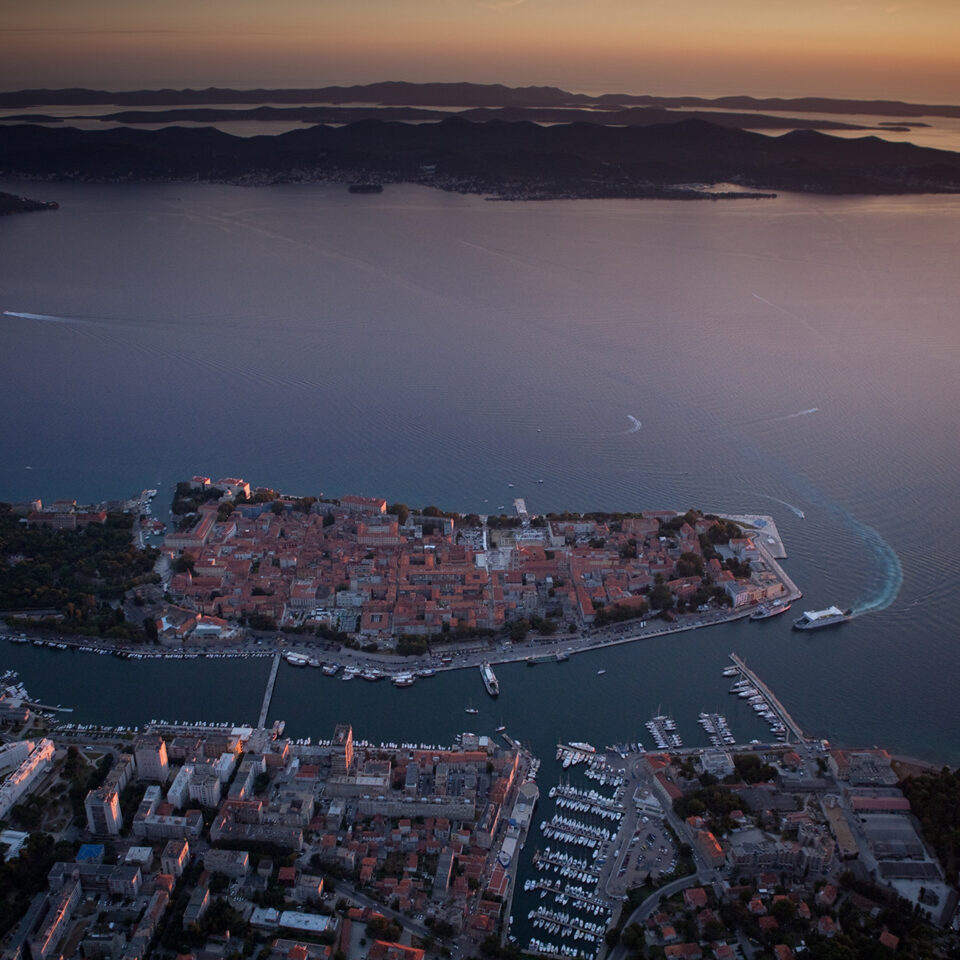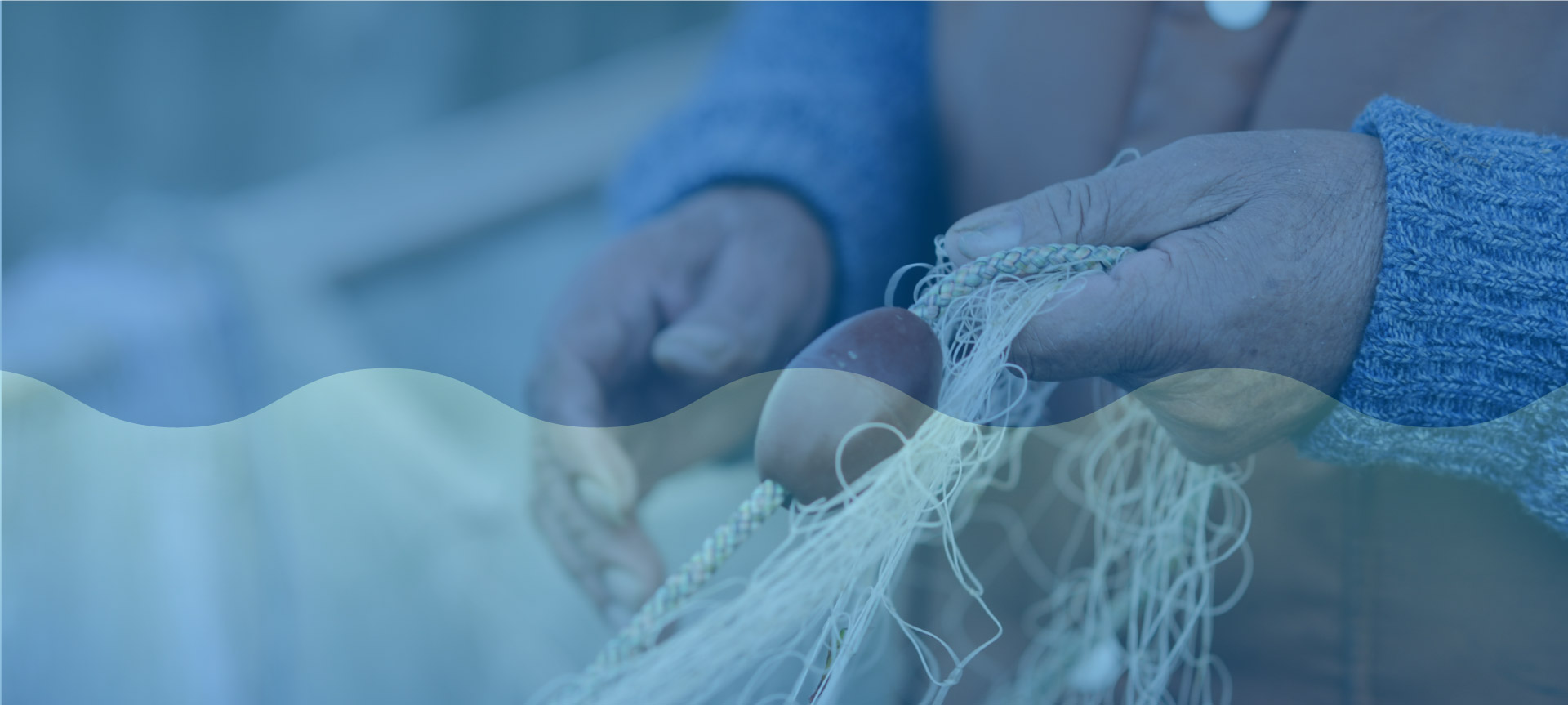


Lingua halieutica – the fishing language of Komiža Fishermen in Komiža
Lingua Halieutica is the traditional fishing language used by the fishermen of Komiža, a historic town on the island of Vis, Croatia. It is a unique occupational dialect developed over centuries at sea, shaped by the daily life, tools, and techniques of local fishermen. This specialized language blends Croatian, Venetian, Italian, and other Mediterranean influences, reflecting Komiža’s long maritime history and its connection to ancient trade routes.
Used primarily during fishing expeditions, the language includes specific terms for boats (falkuša), tools (peškafondo for squid fishing gear), sea conditions, fish species, and navigation techniques. Passed down orally through generations, Lingua Halieutica is not a full language but a rich micro-lexicon, deeply embedded in the culture, identity, and heritage of Komiža’s fishing community.
Today, this language is considered endangered. However, recent efforts by scholars and locals have helped document and revive it through cultural festivals, boatbuilding projects, and publications. It stands as a living symbol of the intangible maritime heritage of the Adriatic.
